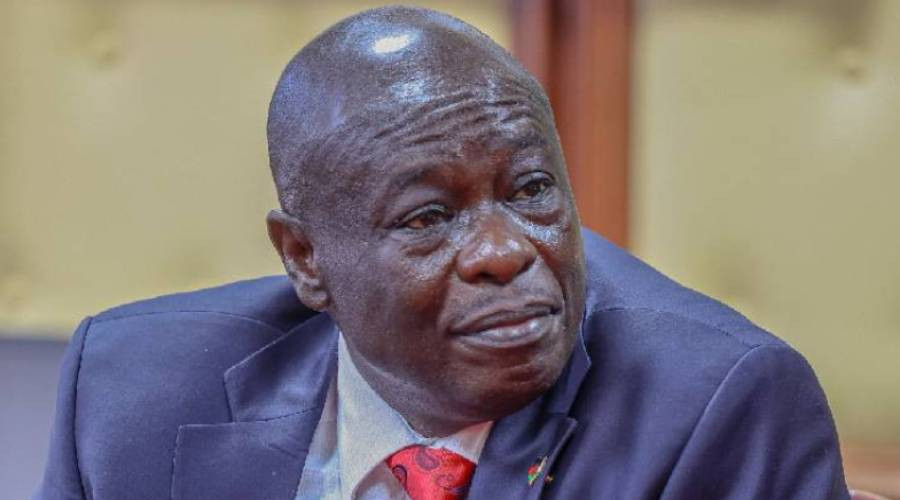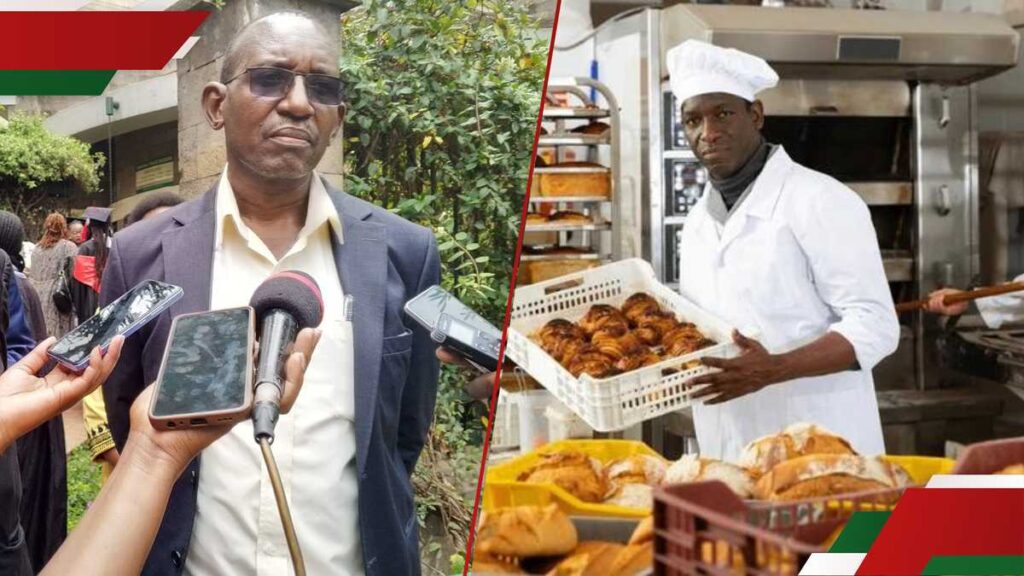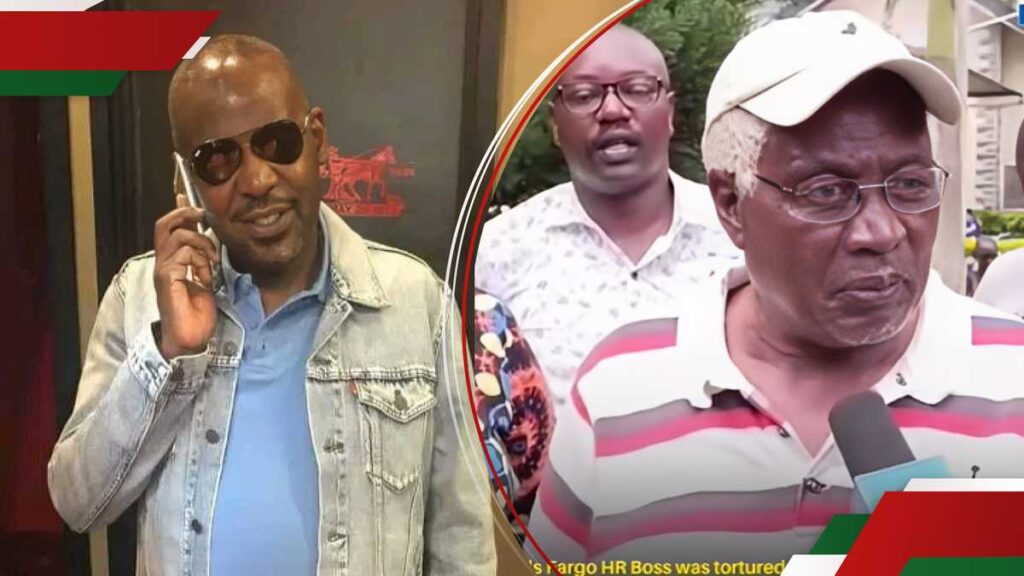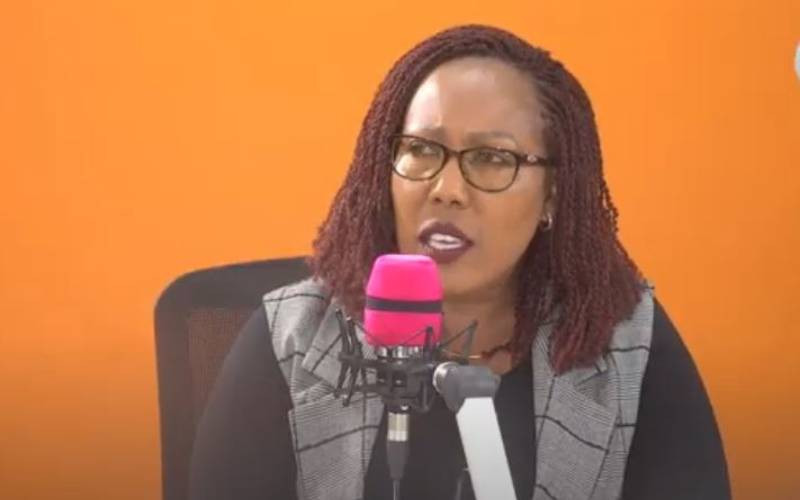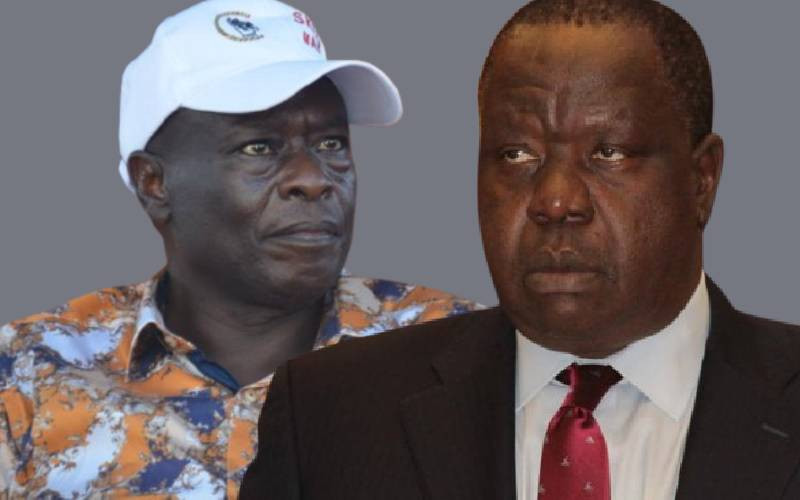The impeachment motion against former Deputy President Rigathi Gachagua began as a quiet discussion within Nairobi’s political circles, a shadow campaign lacking a clear leader.
That changed when Kibwezi West MP Mwengi Mutuse emerged with a motion that would reshape Kenya’s political landscape and determine Gachagua’s fate.
What followed was a media frenzy, with headlines proclaiming Mutuse’s name as he charted a path through uncharted waters.
In his motion, Mutuse outlined accusations, portraying Gachagua as a figure who had fallen out of favour with two successive administrations.
Over two years, Gachagua faced allegations of using his influence to secure lucrative government tenders and amassing wealth at the expense of the public.
Mutuse further alleged Gachagua had violated the Constitution, notably by suggesting that only those who aligned with the government would benefit from development and services – a charge that resonated widely among civil society groups and opposition leaders.
The political drama surrounding Gachagua’s removal sent ripples through the country, raising questions about governance and accountability within Kenya’s political system.
Allegations of corruption, abuse of office, and gross misconduct gained traction, supported by investigations linking Gachagua to mismanagement of public funds and irregular tender awards.
Public outcry intensified as civil society groups and opposition leaders demanded accountability, emphasizing the need to uphold the integrity of public office.
In October, National Assembly Speaker Moses Wetangula allowed Mutuse’s impeachment motion to proceed after it was supported by 291 MPs, far exceeding the 117 votes required.
Those backing the motion accused Gachagua of involvement in June’s deadly anti-government protests, corruption, undermining the government, and promoting divisive politics. Gachagua denied these allegations.
The motion advanced to the Senate, where 54 out of 67 senators voted to dismiss Gachagua on the first count of “gross violation of the Constitution,” surpassing the two-thirds majority required under the law.
This made Gachagua the first deputy president to be removed from office through impeachment.
Following parliamentary approval, President William Ruto appointed Kithure Kindiki as the new deputy president. Kindiki had previously served as Interior Cabinet Secretary.
Impeachment in Kenya
Stay informed. Subscribe to our newsletter
Impeachment in Kenya begins with an MP submitting a motion supported by at least one-third of the National Assembly. Lawmakers then debate the charges and vote.
A two-thirds majority in both the National Assembly and Senate is required to remove a deputy president. If this threshold isn’t met, the deputy president retains office.
Historical Context
Kenya’s political history includes several high-profile resignations and dismissals.
First Vice President Jaramogi Oginga Odinga resigned in 1966 following clashes with President Jomo Kenyatta.
His successor, Joseph Murumbi, resigned after just over a year, citing dissatisfaction with Kenyatta’s governance.
During President Daniel Moi’s era, Kenneth Matiba resigned as Transport Minister in 1988 over rigged party elections. Mwai Kibaki also left Moi’s government in 1991 to form the Democratic Party.
These instances highlight the significance of political instability and internal conflict in Kenya’s governance structure.
African Context
Formal impeachments of vice presidents across Africa are rare. In Zimbabwe, Vice President Emmerson Mnangagwa was dismissed in 2017 for alleged disloyalty, while in Zambia, Vice President Nevers Mumba was sacked in 2004 for insubordination.
Gachagua’s impeachment now joins this list, setting a precedent in Kenya’s political history.
Governance expert Javas Bigambo noted, “The circumstances of the present will shape how future coalitions or political parties choose presidential candidates and running mates. The utility of a running mate must go beyond amassing numbers to win votes.”
Economist Ken Gichinga added, “The country’s stability attracts multinationals. If political instability persists, investors may reconsider opportunities in the region.”
Gachagua has since moved to court, challenging the impeachment on grounds of procedural flaws and political bias. The case remains pending, with legal analysts noting its outcome could further shape the impeachment process in Kenya.








